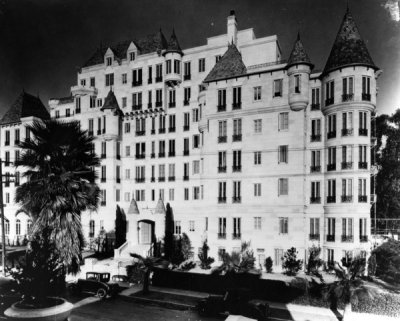LizzieMaine
Bartender
- Messages
- 34,192
- Location
- Where The Tourists Meet The Sea
The thing I'm more worried about is what becomes of the people who are forced out of their homes and their communities by the so-called "freedom" that only applies to those who can afford to pay for it. What I hope to live to see is the day when those people decide they've had all of that they're going to take, because when that day comes, I know where I'll be standing.
In the meantime, I'm grateful that my neighborhood's reputation for, shall we say, rambunctiousness, has up till now kept the gentrifiers away. The presence of a meth lab every now and then does tend to dissuade the "oh isn't this town quaint" crowd.
In the meantime, I'm grateful that my neighborhood's reputation for, shall we say, rambunctiousness, has up till now kept the gentrifiers away. The presence of a meth lab every now and then does tend to dissuade the "oh isn't this town quaint" crowd.




